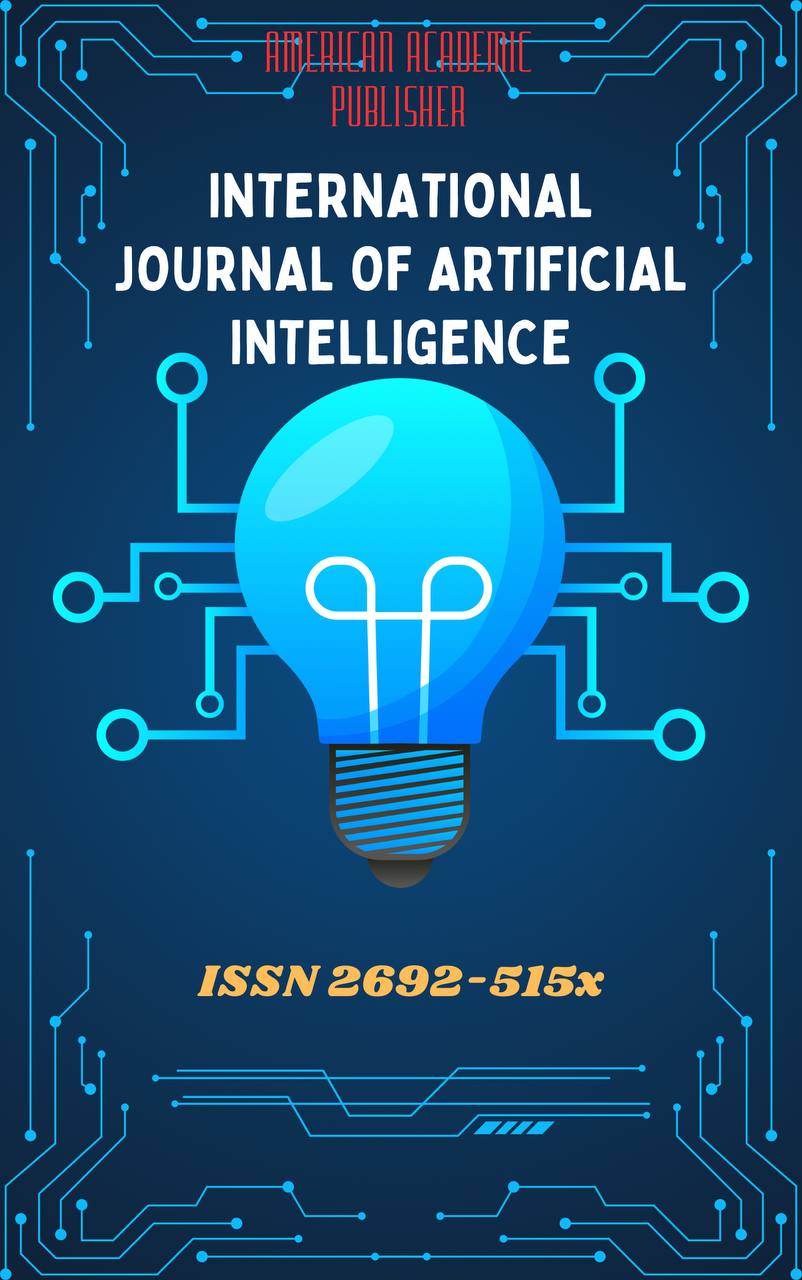 Articles
| Open Access |
Articles
| Open Access | INTRODUCING NEW TERMS FROM THE MEDIA INTO UZBEK AND THEIR EFFECTS ON LANGUAGE CHANGE
Lola Xayrulloyeva Dilshod qizi , Uzbekistan World Languages University,Abstract
The article focuses on how new terms are incorporated into Uzbek and highlights how neologisms are causing language changes. In addition, the article outlines reasons of language changes due to the usage of media words.
Keywords
Onomatopoeia, loanwords, semantic translation, direct translation, rapid language change, media-related words.
References
Jamolxonov, H. (2010). Modern Uzbek literary language. Tashkent.
Mengliyev, B., & Xoliyorov, O. (2008). Universal guide to the Uzbek language. T.
Shukurov, O., & Boymatov, B. (2009). Dictionary of synonyms of the Uzbek language. T.
Rahmatullayev, Sh. (2006). Modern literary Uzbek language. T.
Yusupova, S. A. (2023). Borrowed words and neologisms in the Uzbek language.
Safarova, Z. G. (2023). The specific features of inclusive education in Uzbekistan.
Мухташамова, П. (2022). Linguoculturological features of phraseological units of the English and Uzbek language. Переводоведение: проблемы, решения и перспективы, 351-353.
Zahitovna, M. P. (2022). Lingocultural problems of translation phraseological unit in English and Uzbek languages. Science and Education, 3(6), 1493-1495.
Sultanova D.S. (2024). The Social Impact of Education,108
Article Statistics
Downloads
Copyright License

This work is licensed under a Creative Commons Attribution 4.0 International License.
